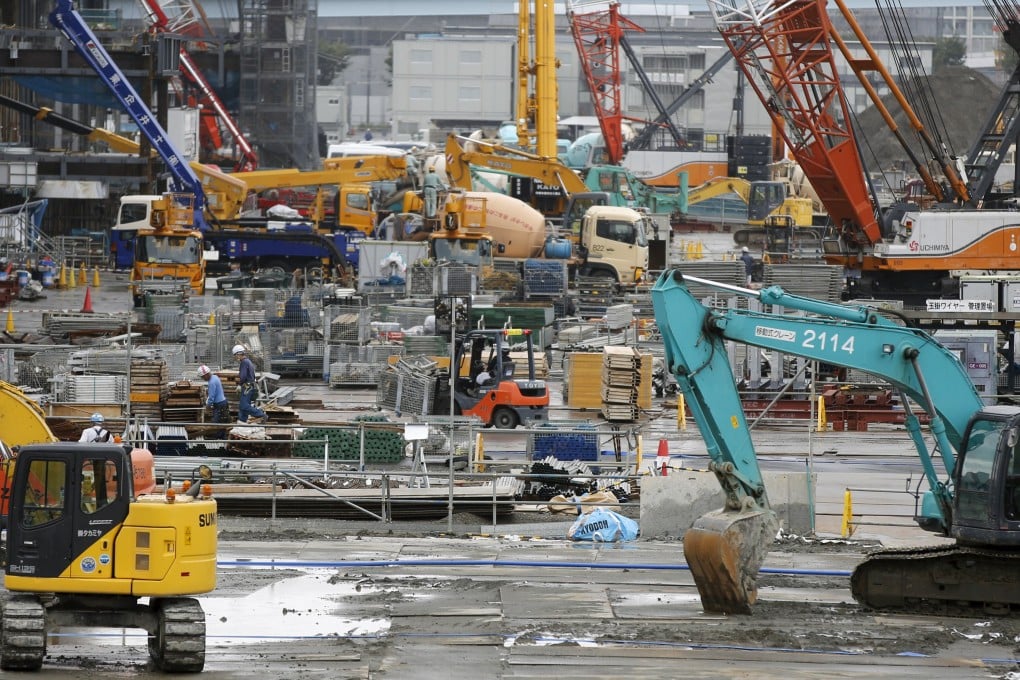Japan machinery orders fall, stoking worries over economic recovery

Japanese machinery orders unexpectedly fell for a second straight month in July, fuelling concerns that weak business investment could undermine a recovery from an economic contraction in the second quarter.
Core machinery orders, a highly volatile data series regarded as an indicator of capital spending in the coming six to nine months, fell 3.6 per cent in July, the Cabinet office data showed on Thursday.
That followed a 7.9 per cent month-on-month decline in June and were far worse than a 3.7 per cent increase expected by economists. The weak data comes as a recent run of soft indicators cast doubt on the Bank of Japan’s optimism that a steady economic recovery will help bring inflation to its 2 per cent goal by around September 2016, keeping the bank under pressure to act.
Sluggish spending by firms and persistent weakness in private consumption and exports add to worries about slowing growth in China - Japan’s biggest trading partner - which has unnerved global investors. The BOJ is expected to offer a bleaker assessment on overseas economies at next week’s policy review, although that analysis does not necessarily mean it intends to add stimulus soon. Many in the bank prefer to hold off on expanding stimulus for now.
Compared with a year earlier, core orders, which exclude those of ships and electric power utilities, increased 2.8 per cent in July, versus a 10.5 per cent annual gain expected. The Cabinet Office cut its assessment of core orders, saying a pickup is seen stalling.
Japanese policymakers are hoping that companies will use the record profits they earned from a weak yen and lower energy costs to boost wages and investment, generating a positive cycle of rising income and higher spending.
